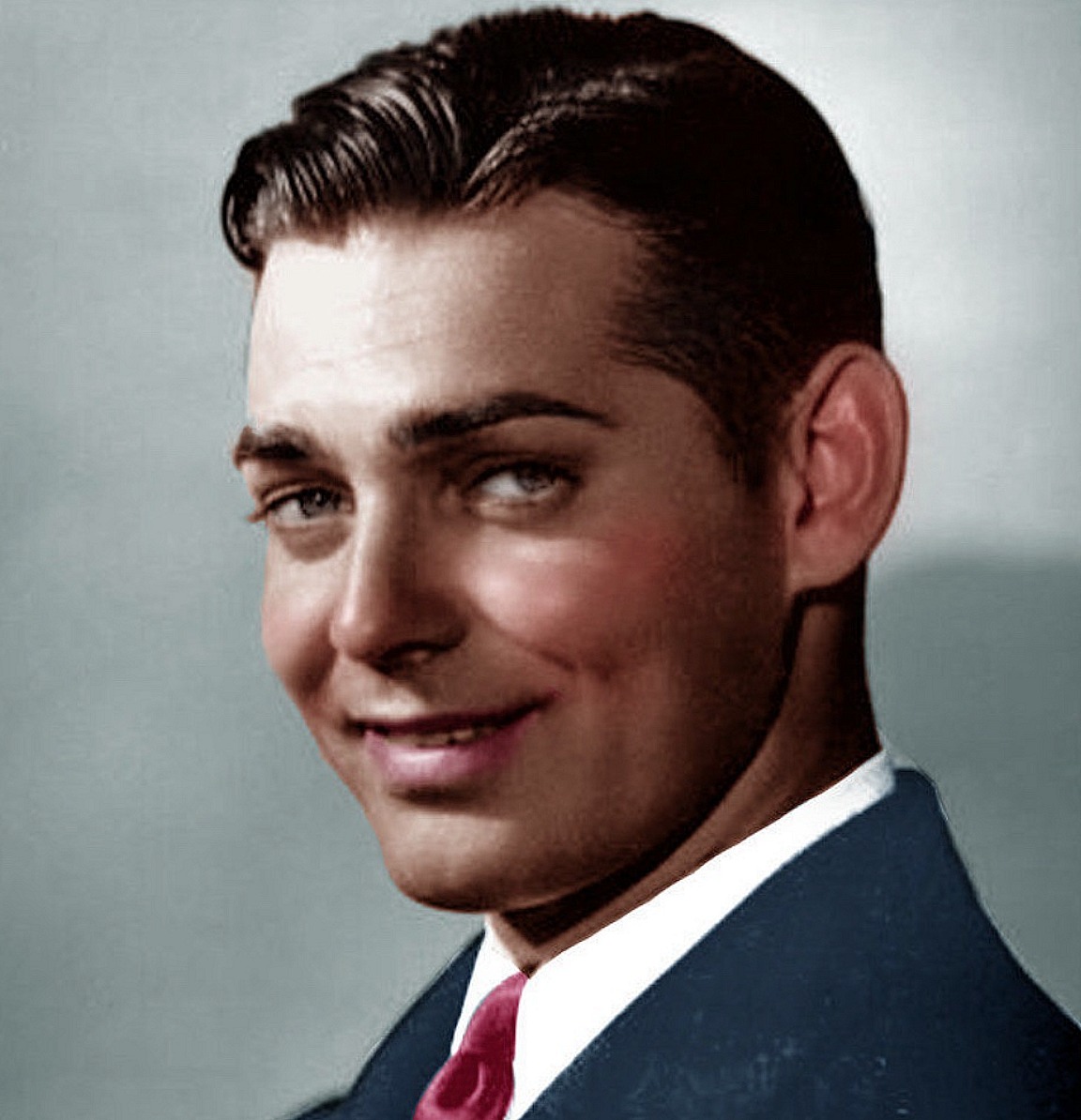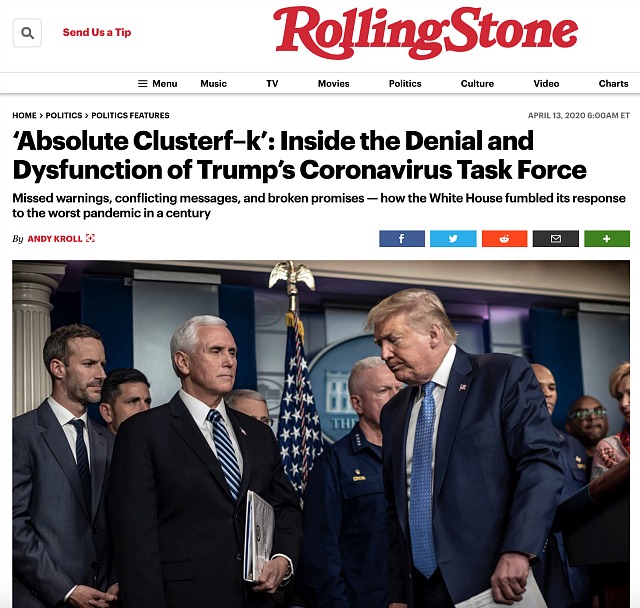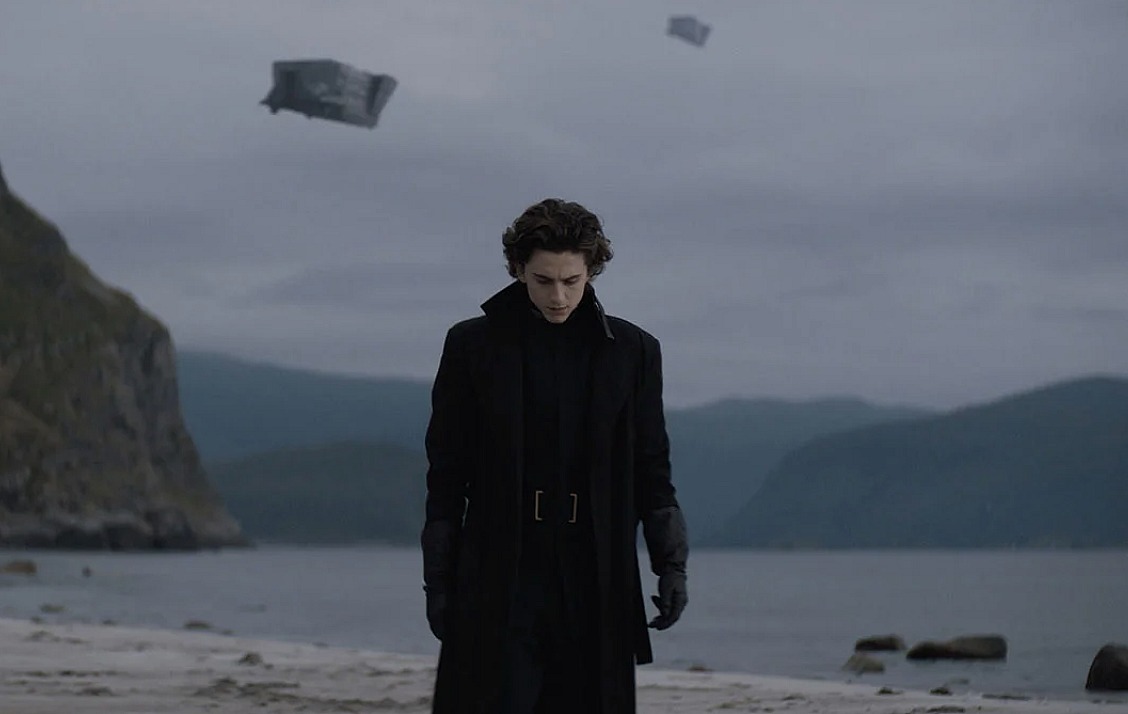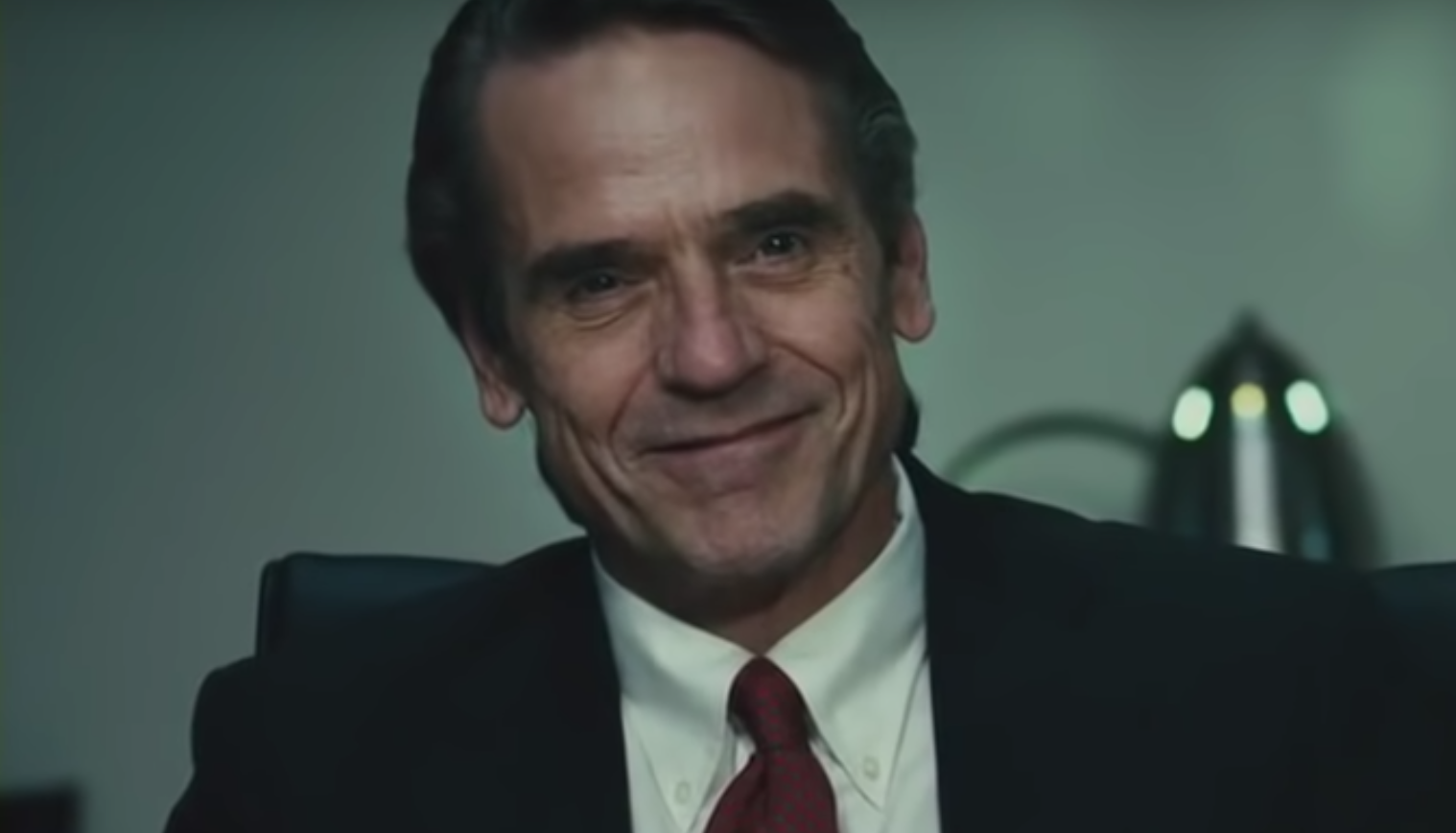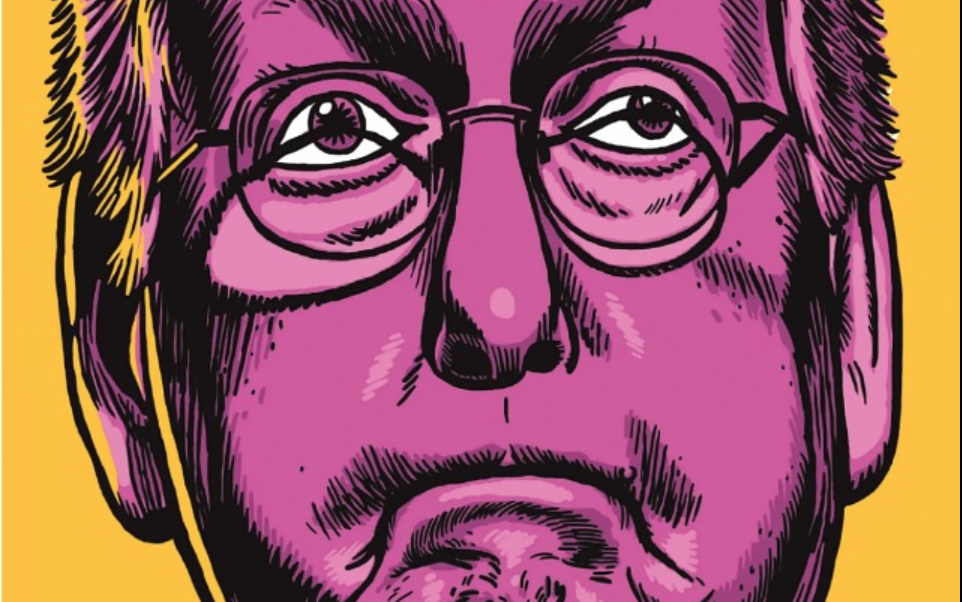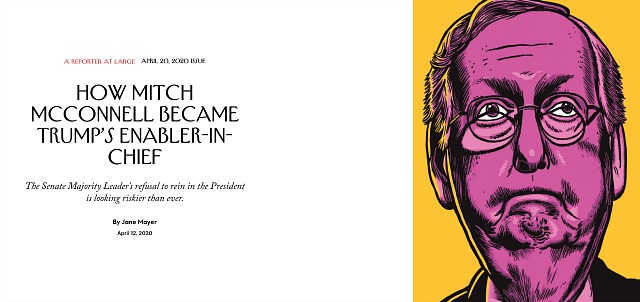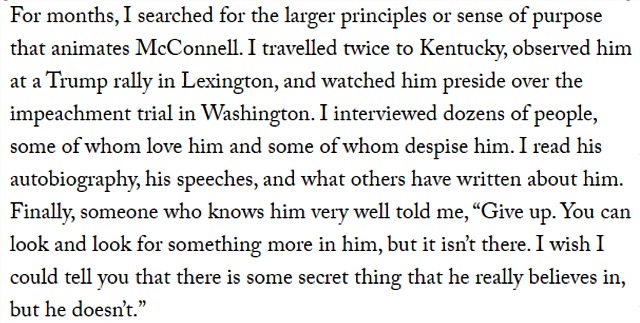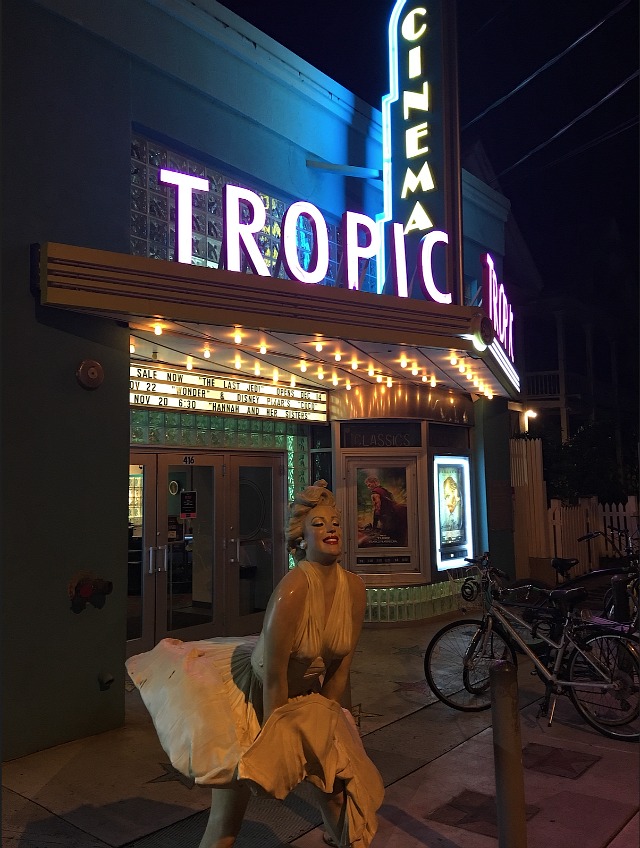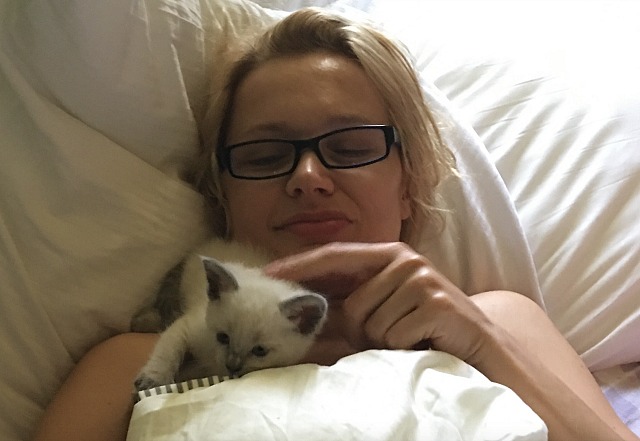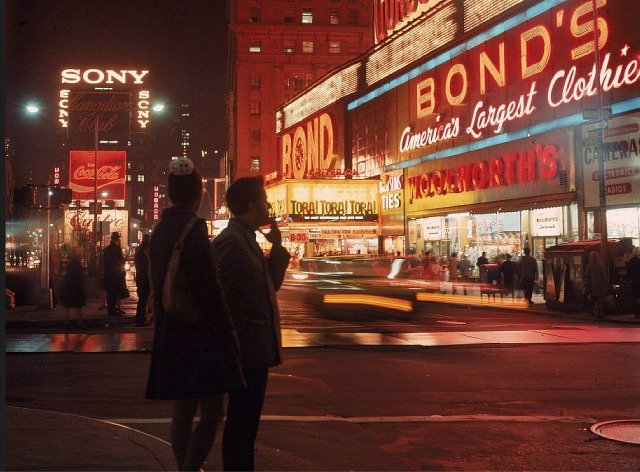Earlier today Richard Brody posted an admiring essay about The Battered Bastards of Baseball, a 2014 doc (co-directed by Chapman Way and Maclain Way) about Bing Russell‘s mid ’70s management of the Portland Mavericks.
Kurt Russell, Bing’s son and in his early 20s at the time, served as co-manager and an occasional designated hitter. Russell is an impassioned and entertaining talking head in the doc.
Why write about a doc that Netflix acquired and premiered six years ago? Coronavirus ennui and aimlessness, I’m guessing.
I flipped over Battered Bastards when I saw it during Sundance ’14. Easily one of the most heartwarming baseball docs I’ve ever seen, in this or the previous century. Variety‘s Scott Foundas (now a hotshot, BMW-driving Amazon exec) described it as “so rife with underdog victors and hairpin twists of fortune that, if it weren’t all true, no one would believe it.” The Hollywood Reporter‘s Duane Byrge called the doc is “a charming anti-establishment yarn that transcends the game.”
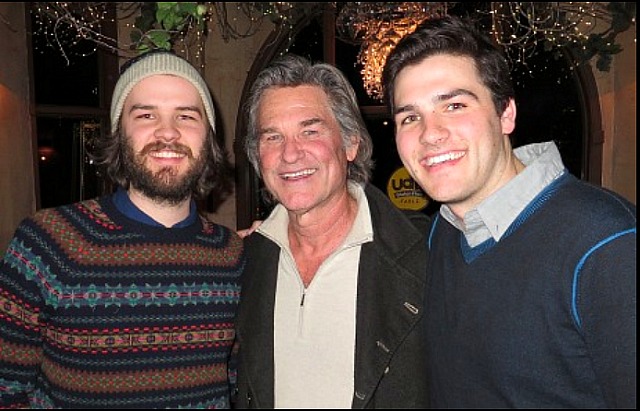
The Battered Bastards of Baseball co-directors Chapman and Maclain Way on either side of Kurt Russell during last Monday night’s after-party at 501 Main Street in Park City.
Immediately after the Sundance showing there was talk about making Battered Bastards into a narrative feature. The film “is ripe for a big-screen redo given the feel-good nature of the story that summons memories of classic baseball sagas like A League of Their Own,” I wrote.
It was soon speculated and reported that In The Bedroom‘s Todd Field, who served as the Mavericks’ bat boy and is one of the doc’s talking heads, might direct the feature version. That was after Satan in the form of Justin Lin intervened, which I found horrific. I only know that when no one was looking the project had curdled and stalled. Why I don’t know. I’ve asked a couple of parties to share what happened on a non-attrib basis.
On 1.24.14 The Hollywood Reporter‘s Tatiana Siegel wrote that “after multiple buyers circled The Battered Bastards of Baseball, Justin Lin has acquired narrative remake rights of the film and will self-finance via his Perfect Storm banner. Lin, who will produce, beat out several pursuers for remake rights, including Columbia Pictures, Fox Searchlight and DreamWorks.
Here’s how I put in the same day as Siegel’s story: “During the post-screening dinner party I mentioned to Russell that BBoB is obviously excellent material for a feature, and his response was ‘hmm, yeah, maybe…who knows?’ I couldn’t believe Russell hadn’t at least thought about it, this being not just his dad’s story but his own. (Maybe he was pretending to be reluctant or noncommittal — maybe he just didn’t want to be candid with a journalist.) Somebody said at the party that if a movie version comes together an ideal director would be Todd Field (In The Bedroom).
“That was four nights ago. Today it was reported that a film version might indeed happen, but that the remake rights had been purchased by Fast and the Furious franchise helmer Justin Lin, who has always impressed me as one of the most brazenly shallow, corporate-kowtowing filmmakers working today. (Lin’s production company, Perfect Storm Entertainment, is the rights holder.)

